Game Theory - Game Theory Analysis
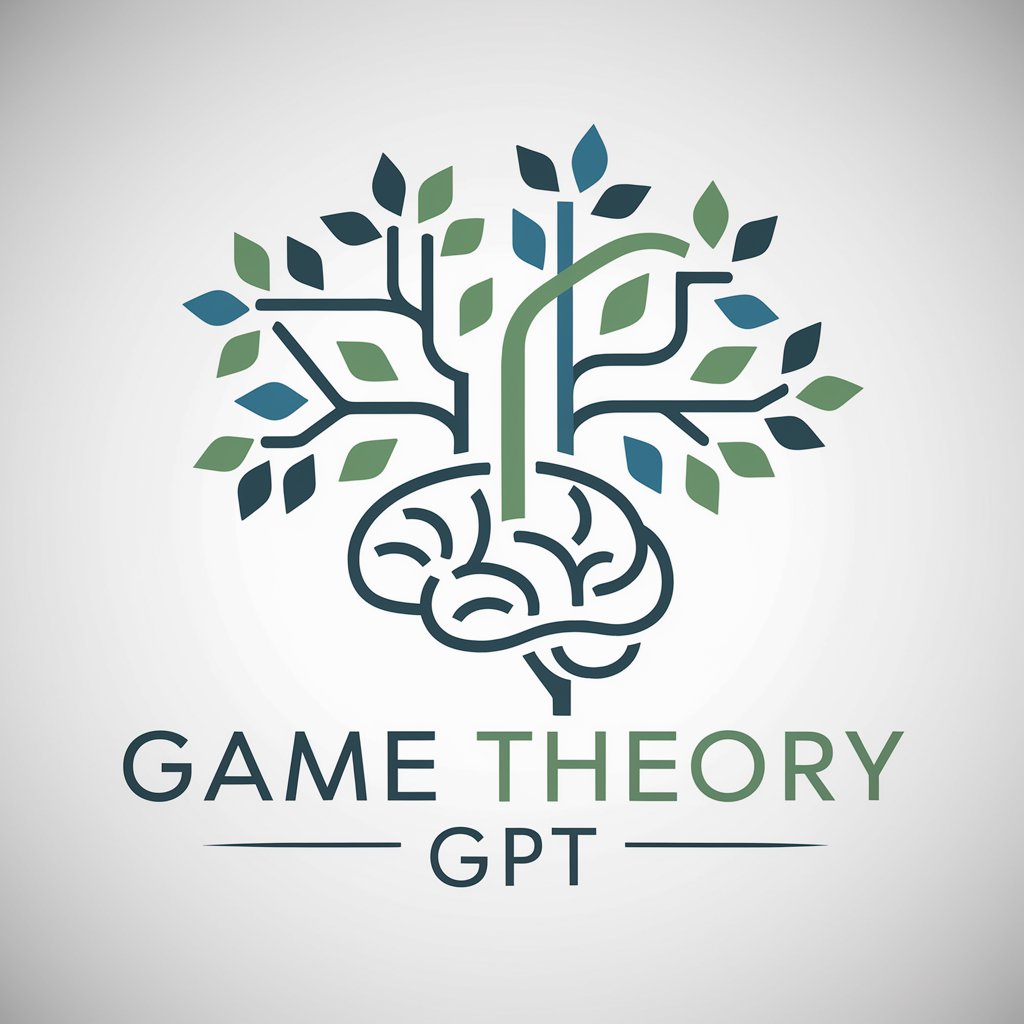
Welcome to Game Theory GPT!
Strategize with AI-Powered Game Theory
Explain the concept of Nash Equilibrium in simple terms.
Describe the differences between pure and mixed strategy equilibria.
How does backward induction work in extensive-form games?
What are the key assumptions behind Bayesian games?
Get Embed Code
Understanding Game Theory
Game Theory is a mathematical framework designed for analyzing situations in which players make decisions that are interdependent. These situations involve scenarios where the outcome for each participant depends on the choices made by all involved. The core purpose of Game Theory is to predict the strategies that rational agents will employ, considering the strategies of other agents. It spans across multiple disciplines, including economics, political science, psychology, and computer science, illustrating its broad applicability. For example, in an economic context, Game Theory can explain the pricing strategies of competing firms in an oligopoly market. Here, each firm's optimal pricing strategy depends on the pricing decisions of its competitors. Similarly, in politics, it can analyze strategic moves in elections, such as a candidate deciding to run in a race based on the potential candidates from the opposing party. Powered by ChatGPT-4o。

Core Functions of Game Theory
Strategic Decision Making
Example
Prisoner's Dilemma
Scenario
Two criminals are arrested and interrogated in separate rooms. Each can either betray the other by testifying (defect) or remain silent (cooperate). The optimal decision for each depends on the decision of the other. Game Theory helps predict whether they will betray each other or cooperate.
Analysis of Competitive Situations
Example
Nash Equilibrium in Oligopolies
Scenario
In an oligopoly market, firms decide on quantities to produce or prices to set, knowing that their profits depend not only on their own decisions but also on the decisions of other firms. Game Theory helps in identifying the Nash Equilibrium where no firm has an incentive to deviate from its strategy, given the strategies of others.
Optimization of Negotiation Strategies
Example
Bargaining Problem
Scenario
Two parties negotiating a contract have different preferences over the possible outcomes. Game Theory provides insights into the strategies each party should adopt to reach an agreement that maximizes their respective utilities.
Who Benefits from Game Theory?
Economists and Business Strategists
These professionals use Game Theory to model market competition, strategic interactions among firms, and optimal decision-making in uncertain environments. It helps in understanding market dynamics, competitive advantage, and strategic business planning.
Political Scientists and Policy Makers
They apply Game Theory to analyze electoral strategies, international relations, and public policy decisions. Game Theory elucidates the strategic behaviors of voters, candidates, and countries, assisting in the formulation of effective policies and political strategies.
Computer Scientists and Engineers
In fields like artificial intelligence and network security, Game Theory is used to design algorithms that can predict the actions of adversaries or optimize the performance of competing agents in a system.

How to Use Game Theory
Begin Your Journey
Start by visiting yeschat.ai for a complimentary trial, requiring no sign-in or subscription to ChatGPT Plus.
Understand the Basics
Familiarize yourself with the fundamental concepts of game theory, including Nash equilibrium, dominant strategies, and payoff matrices, to grasp how strategic interactions are analyzed.
Identify Your Game
Define the game you are interested in analyzing. This includes identifying the players, the strategies available to each player, and the outcomes associated with each strategy combination.
Model Your Game
Construct a model of your game using the appropriate format, such as a payoff matrix for static games or an extensive form for dynamic games, to visualize the strategic interactions.
Analyze and Apply
Analyze the game to find equilibria and predict outcomes. Use this analysis to inform decision-making in real-world scenarios like negotiations, competitive strategies, or cooperative agreements.
Try other advanced and practical GPTs
Communication Theory Tutor
Empowering Communication Mastery with AI
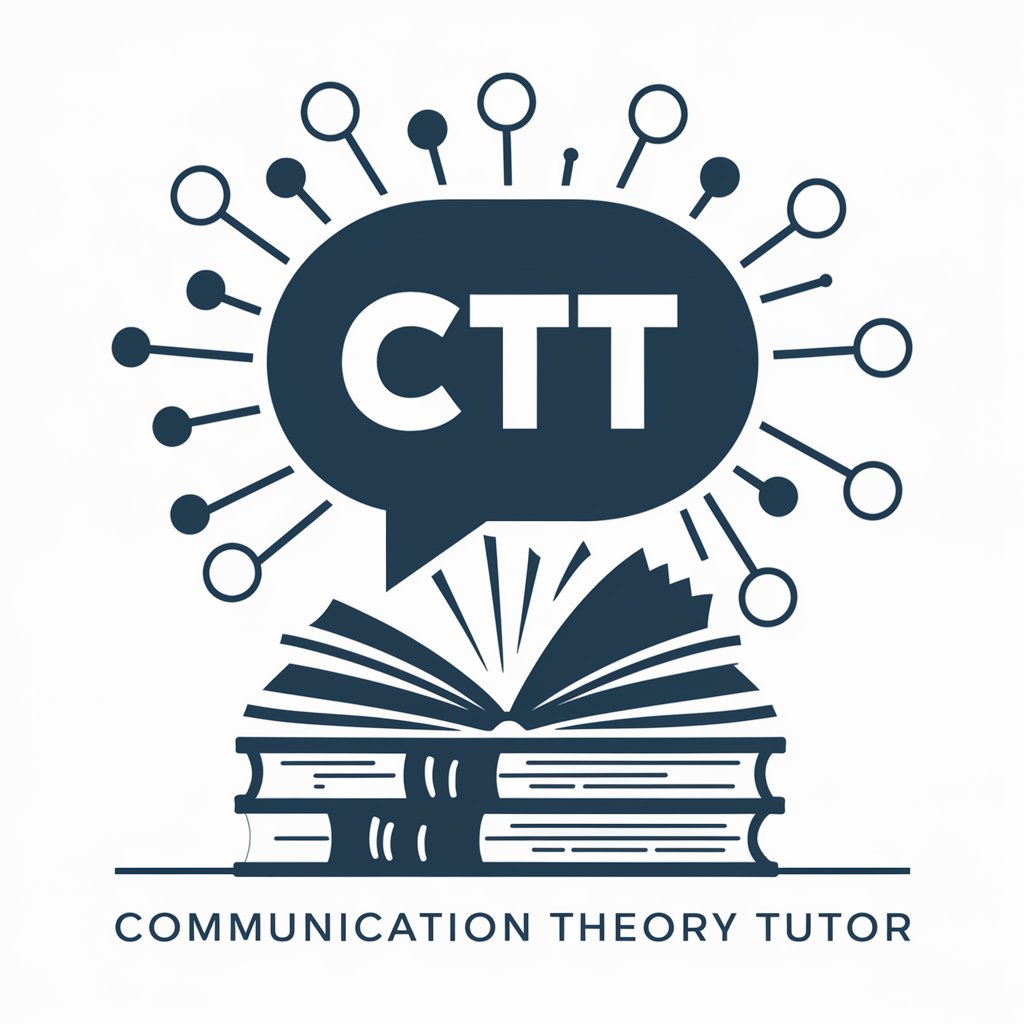
Romance Novel Crafter
Crafting Deeply Romantic Narratives with AI

git hivemind
Automate Git with AI on iOS
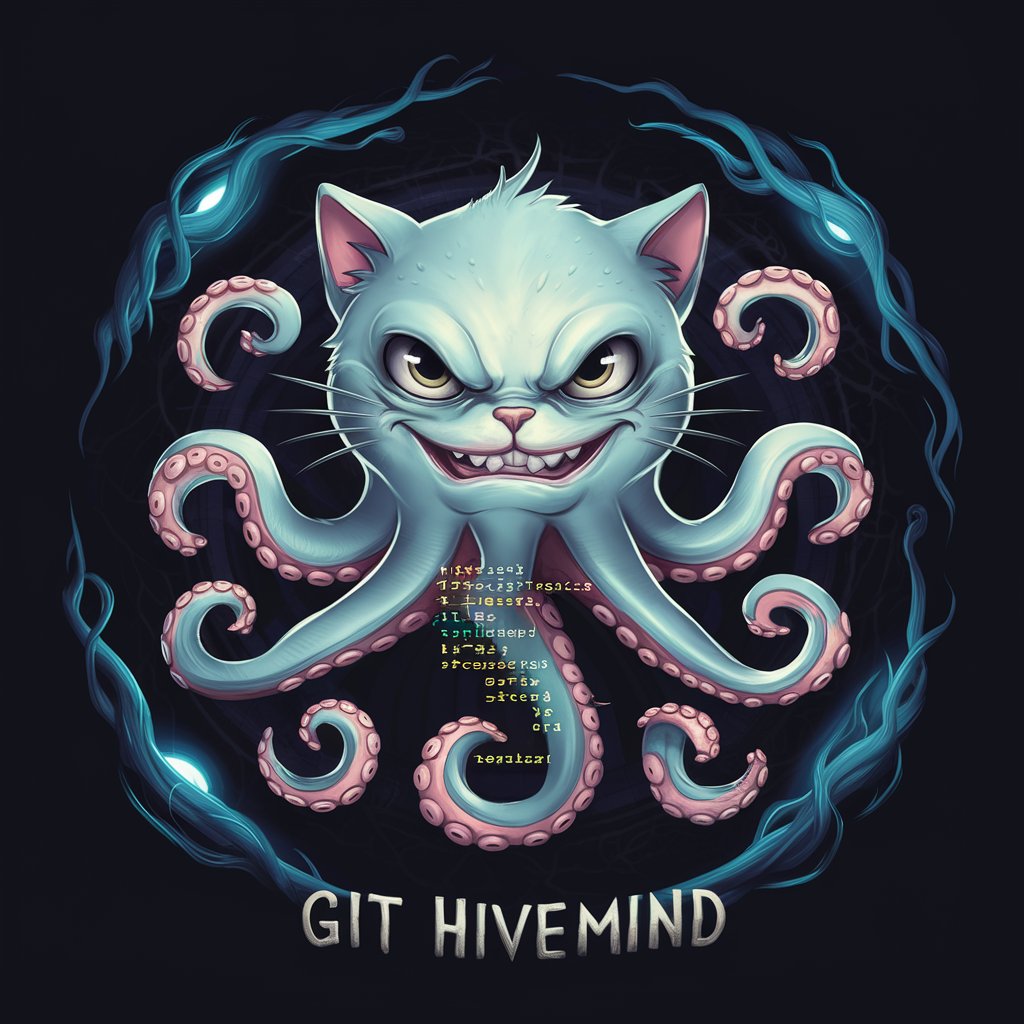
Steamy Stories Generator
Create personalized stories with AI.

Stable Genius
Unleash creativity with AI-powered insights.
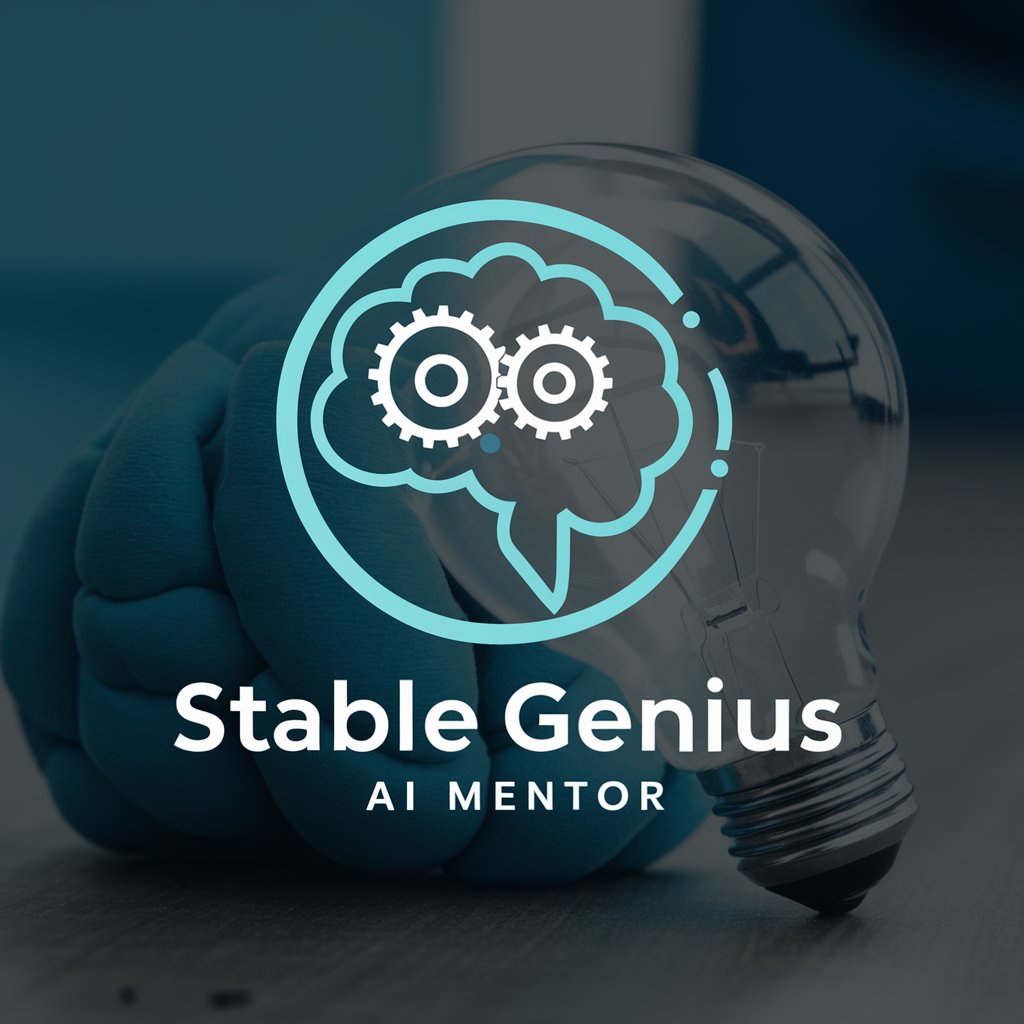
Stable Scholar
Empowering Your Academic Journey with AI

Algebraic Number Theory GPT
Empowering Algebraic Insights with AI
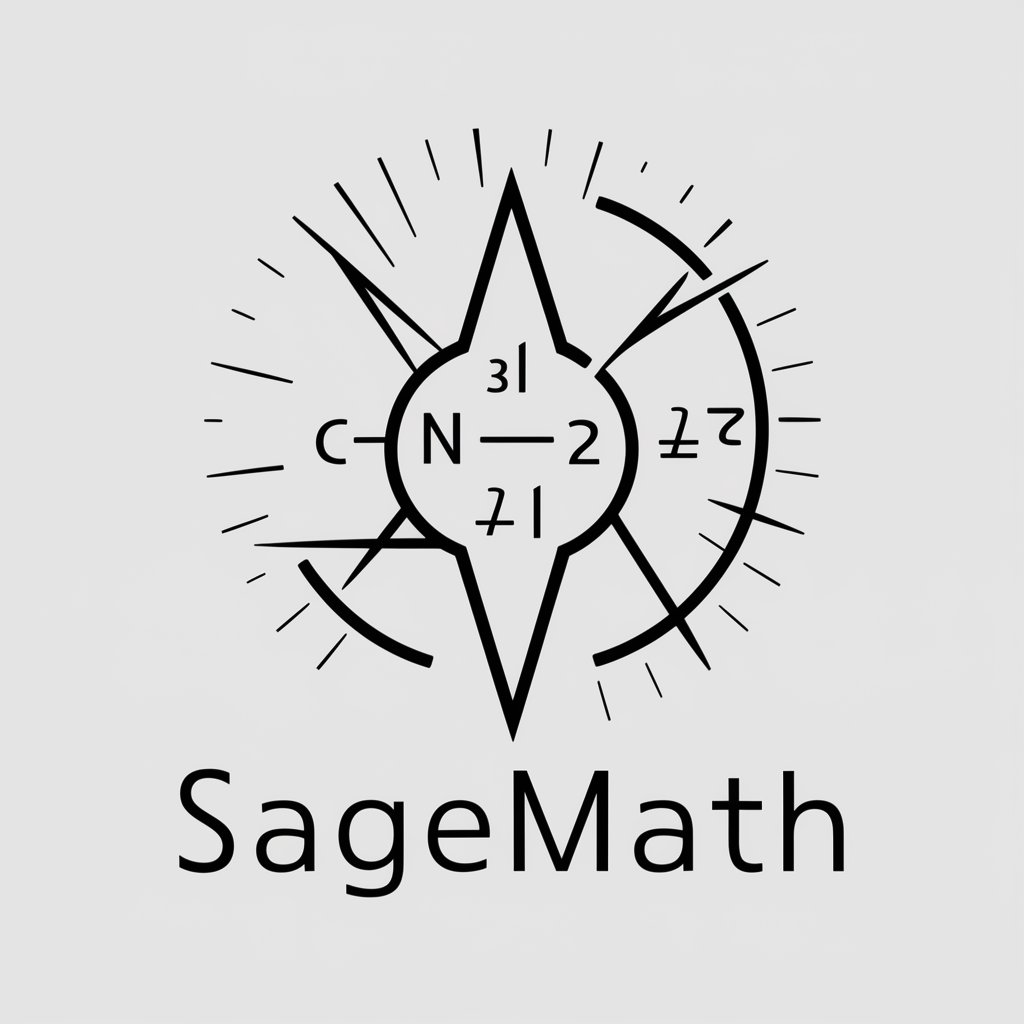
Graph Theory
Unravel complex networks with AI
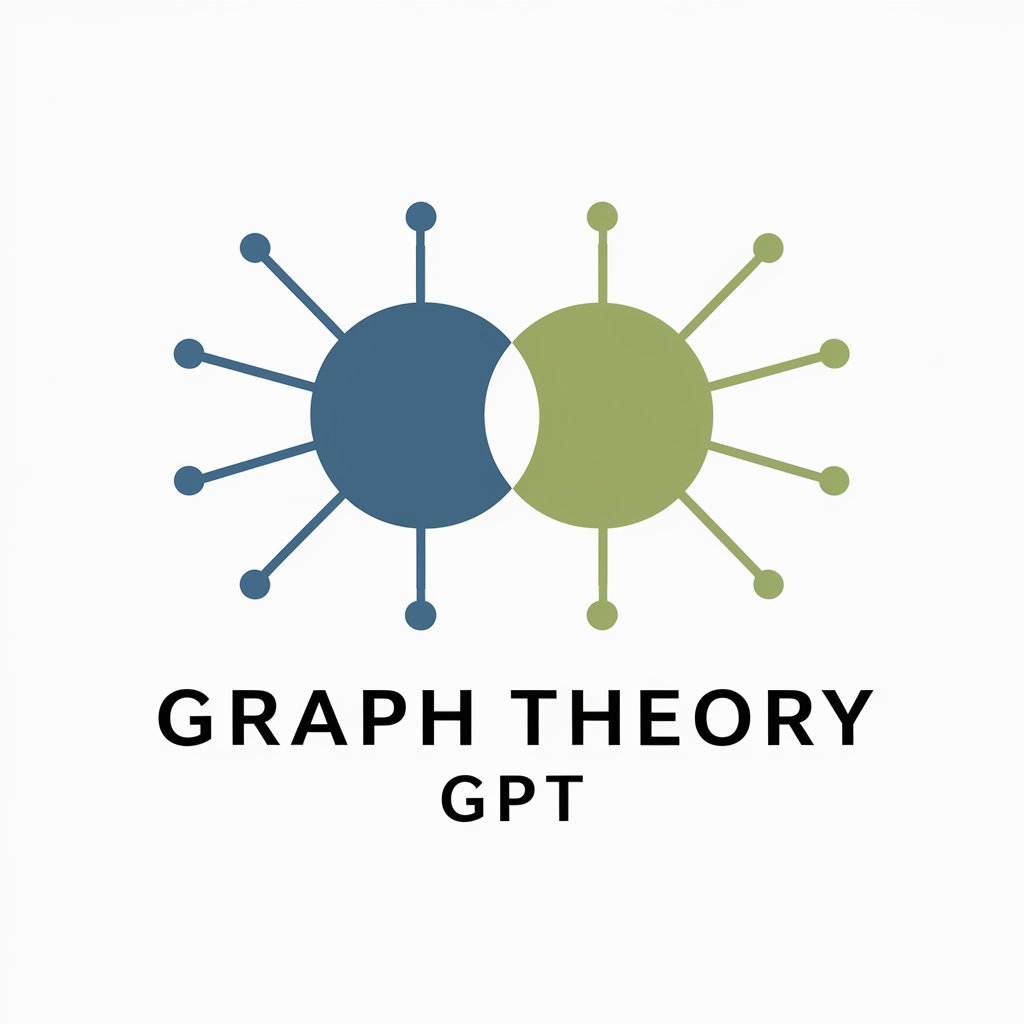
Theory of Computation
Decoding complexity with AI-powered analysis

Music Theory
Unlocking Music's Secrets with AI
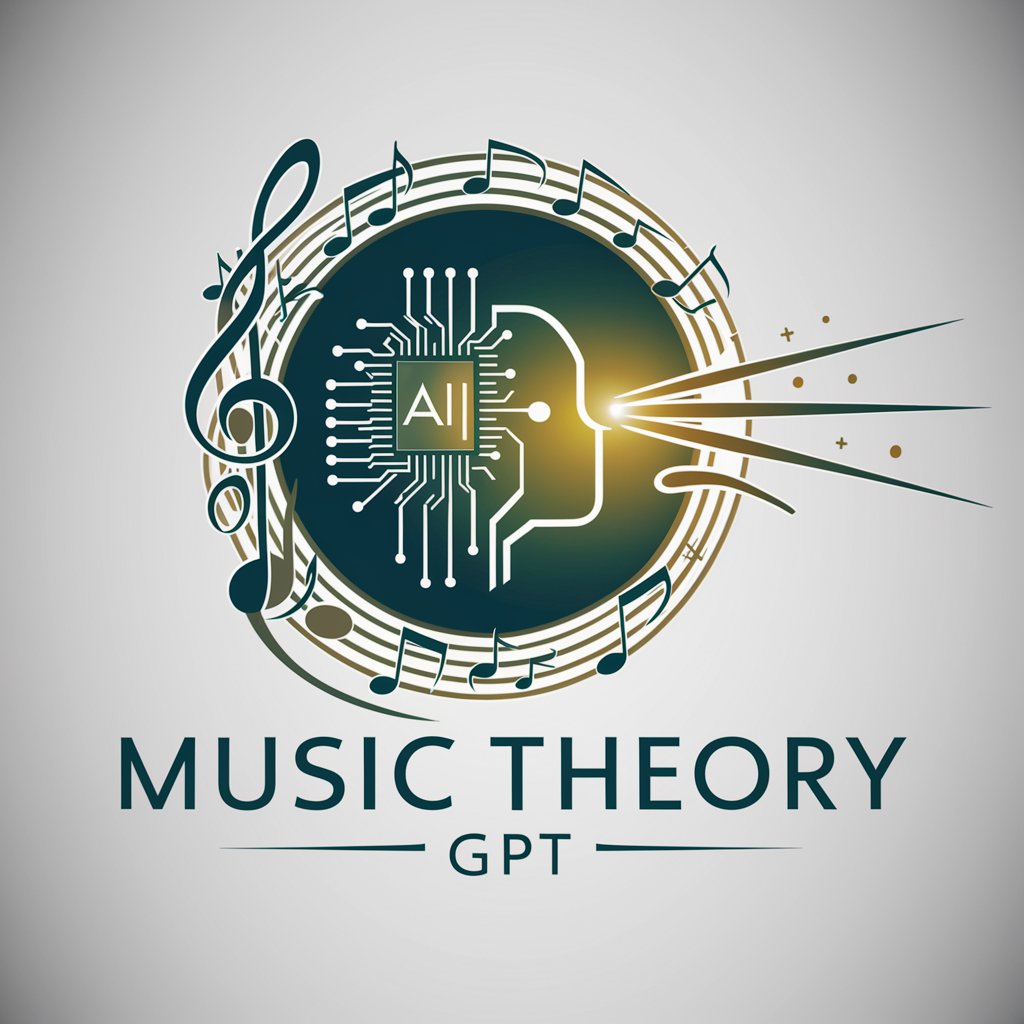
Item Maker
Craft Your Magic with AI
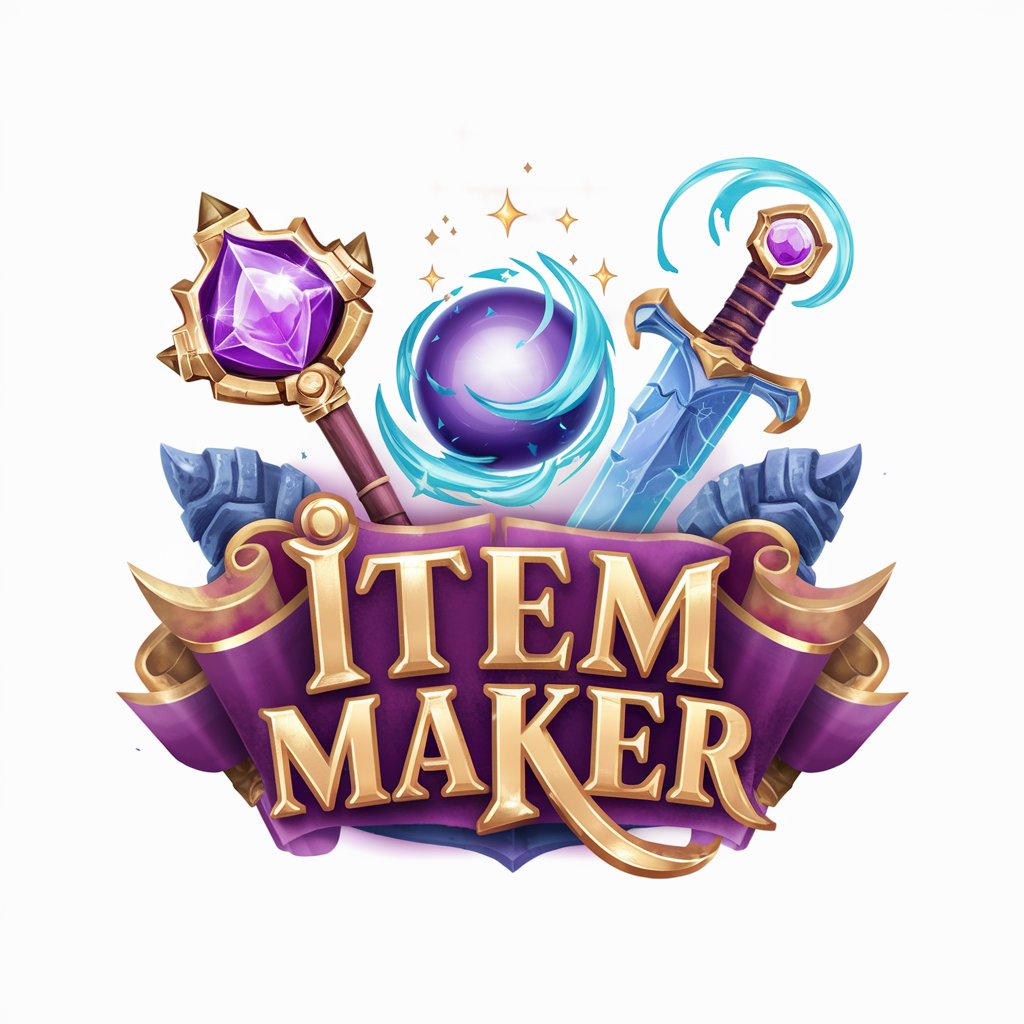
Heart Item Style by Prompt Snapshot
Craft unique heart shapes with AI

Game Theory Q&A
What is Nash Equilibrium?
Nash Equilibrium is a concept within game theory where no player can benefit by changing strategies while the other players keep theirs unchanged. It represents a state of equilibrium where each player's strategy is optimal given the strategies of all other players.
How is Game Theory applied in economics?
In economics, game theory is used to model strategic interactions among rational decision-makers, such as firms in a market, negotiators in bargaining situations, or countries in trade agreements. It helps in understanding and predicting outcomes of competitive and cooperative economic behaviors.
Can Game Theory predict human behavior?
Game theory can model and predict outcomes based on the assumption of rational behavior among participants. However, real-world deviations from rationality, such as emotions or incomplete information, can affect the accuracy of these predictions.
What is a zero-sum game?
A zero-sum game is a situation in game theory where one participant's gain or loss is exactly balanced by the losses or gains of the other participants. It means the total benefit to all players in the game adds up to zero, making it a scenario of pure competition.
How does Game Theory apply to conflict resolution?
Game Theory provides a framework for analyzing strategic choices in conflicts, allowing parties to evaluate the outcomes of various strategies. By identifying mutually beneficial strategies and understanding the incentives of all parties, game theory can guide the negotiation process towards cooperative solutions and conflict resolution.
